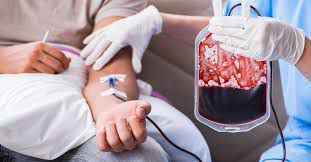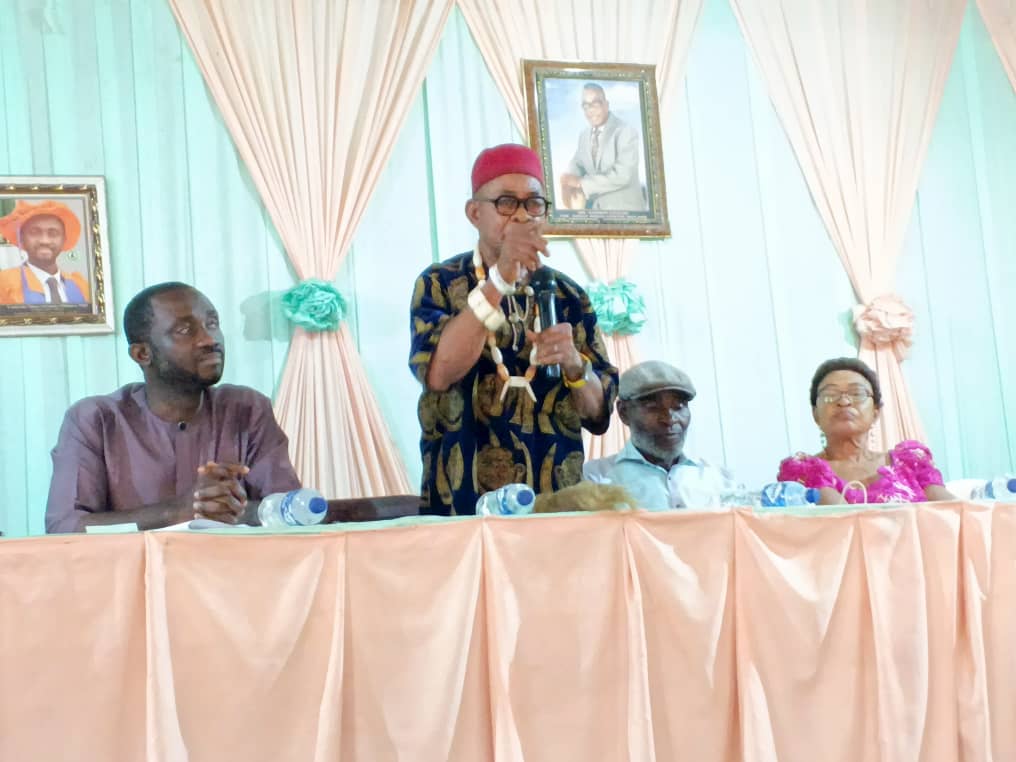Delegation from a Netherland-based company, HemoClear has engaged medical experts at University of Calabar Teaching Hospital (UCTH) on the functionalities of autologous blood transfusion equipment.
Information session was held at the UCTH conference room on Thursday, during the meeting, a medical guidelines suggest that, autologous blood transfusion is the preferred method for treating the serious complications associated with donor Blood transfusion.
HemoClear Chief Executive Officer, Vincent Franssen said;
“The product was developed prior to COVID-19, during COVID we couldn’t do anything.
Already, five years ago we had a relationship with this hospital to pilot the product and the pilot needs funding, we are very happy that the French funding organization has ordered us to start the pilot and that’s what we’re doing here today. The pilot will take like one year to collect data, analyse the data, report the data, etc.
“We are developing products that can be used on blood components. We developed a device that when a patient is losing a lot of blood, you can be able to collect it cleanly. It has a filter that separates it from everything you don’t want or that could make patient ill and this can be done within 20 minutes of the patient losing the blood, which means you’re less dependent on donor blood, it also has some medical upsize to make sure that the blood is fresh, the pH, the temperature is optimal, so you have less side effects, the patient recovery is faster with less complications, he said.
On her part, the Global Business Development Manager, HemoClear, Dion Osemwengie, maintained that the device has the capability of flushing the blood to remove harmful substances before reinfusing it.
“I’m very happy to be in Calabar to join forces with the doctors and expertise in Calabar to properly adopt the technology in Nigeria as an example for other Nigerian centers that will hopefully will follow.”
Also, Consultant surgeon at University of Calabar Teaching Hospital, Dr. Nathaniel Usoro, said that although blood salvage devices are available, they are expensive, noting that autologous blood transfusion devices are suitable for the Nigerian context, explaining that they do not depend much on technology and electricity.
Professor of Obstetrics and Gynecology, UCTH, Etim Ekanem who is also the Principal investigator of the product revealed that the hospital has implemented prudent blood conservative management programs and has published many articles on the subject.
“This hospital has a committee on blood management and we’ve been having a series of seminars and workshops that we invite international communities on virtual levels and we’ve published much of what we have done in terms of Blood Conservative Management.
Dutch Firm Engages Medical Experts In University of Calabar Teaching Hospital To Address Challenges With Blood Transfusion




